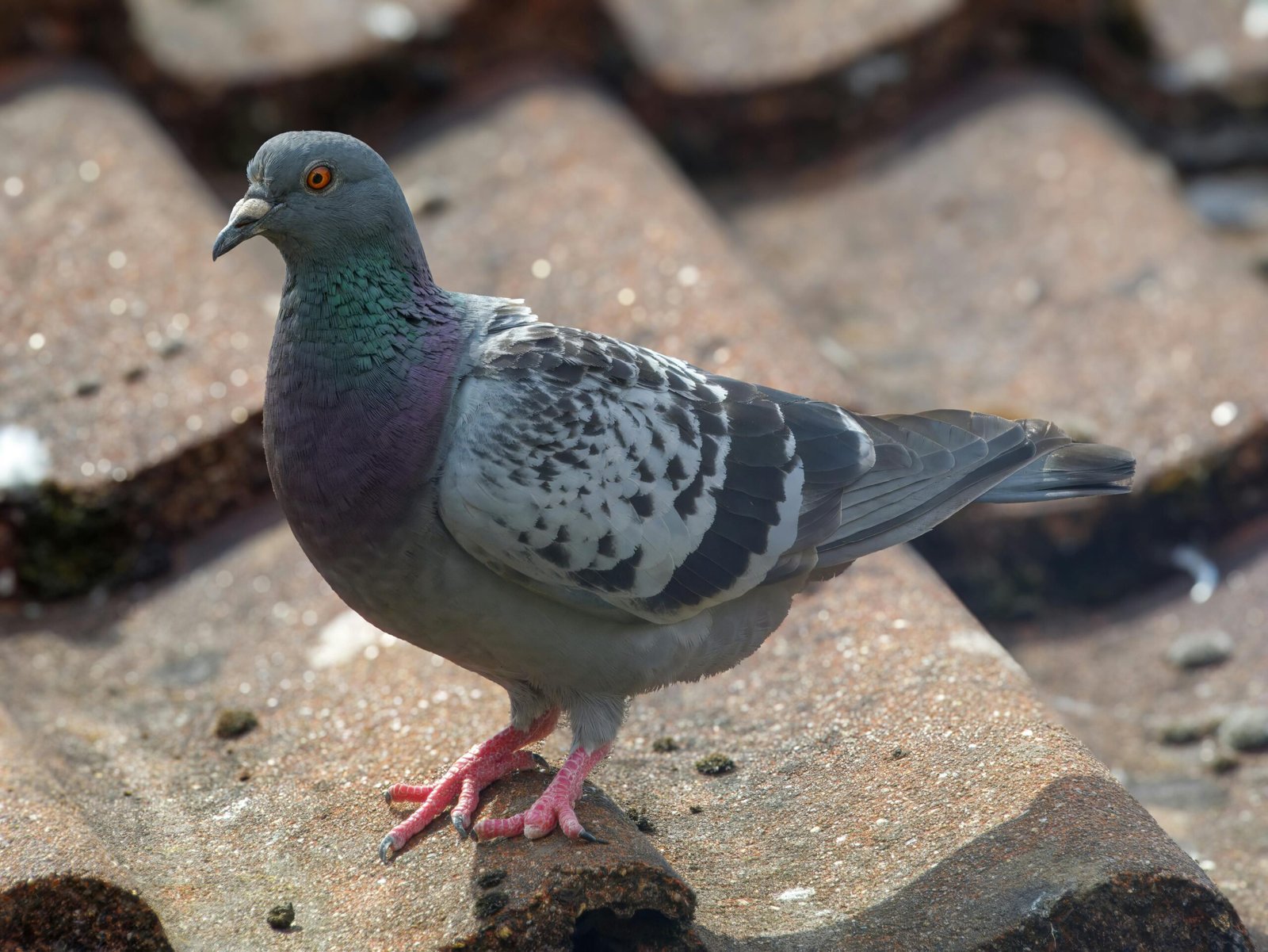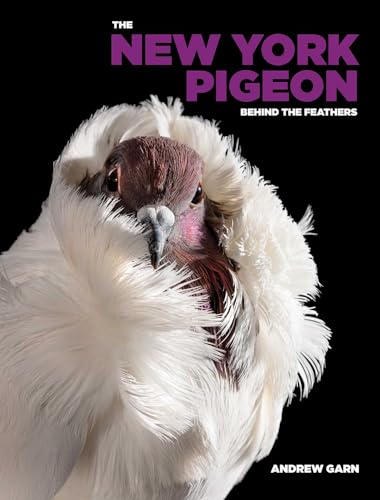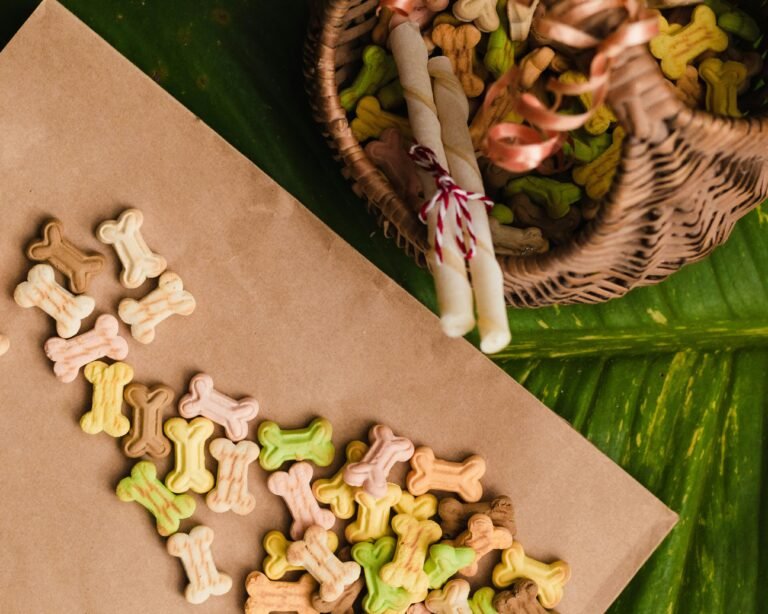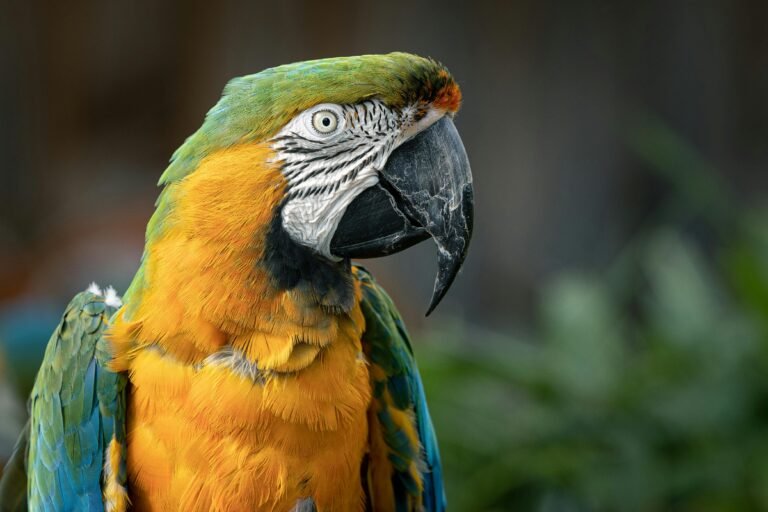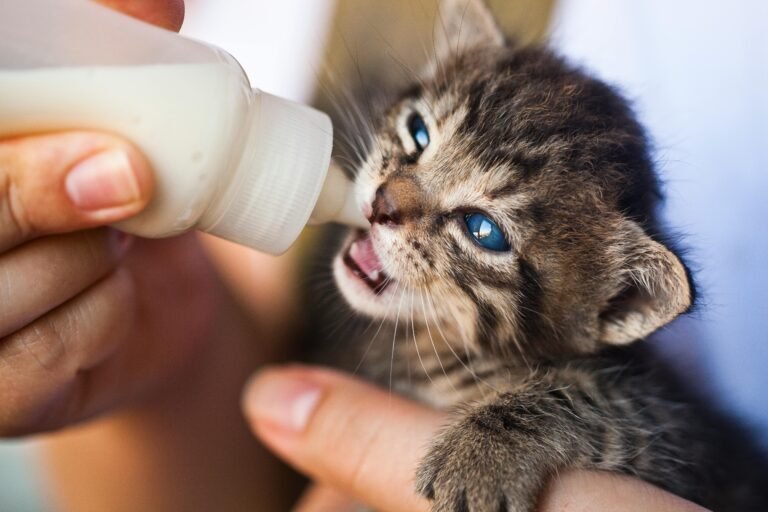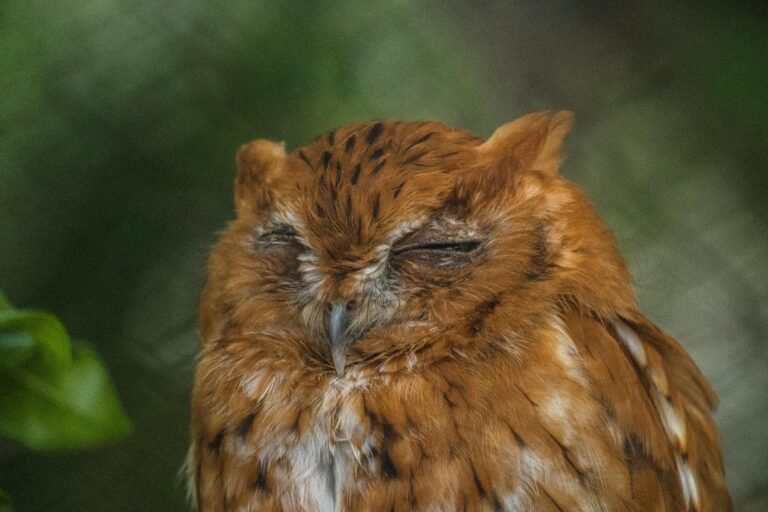I’ll be real with you—caring for urban pigeon birds wasn’t something I set out to do. It started with one injured bird on my windowsill, and boom, I was Googling “how to clean pigeon poop without gagging” at midnight.
But here’s the beautiful part: pigeons are incredibly trusting once you show them kindness. They’ll recognize your face, come back to the same spot every day, and even bring friends (yep, you’ve been warned 😅).
If you’re thinking of helping or caring for urban pigeon birds, here are my personal, no-fluff tips:
- 🧼 Keep their area clean. Trust me, pigeon droppings are no joke.
- 🥣 Offer bird-safe food: cracked corn, grains, and never bread. Bread’s like fast food—it fills them but doesn’t nourish.
- 🚰 Always provide clean water. It’s life-saving.
- 🩺 Injured bird? Contact a local wildlife rehabber ASAP. Here’s a useful link to find help near you.
- 🏠 Don’t try to domesticate a wild pigeon unless it can’t fly. Wild birds deserve freedom (and trust me, they prefer it too).
Every pigeon bird I’ve helped has left a mark on me. Some literally (they peck gently when you’re late with the corn 😂), others emotionally.
They’re not pests. They’re little stories with wings.
Table of Contents
🧬 What Makes a Pigeon Bird So Special?
Before I fell for these feathered friends, I thought “a pigeon’s a pigeon.” Turns out, there’s more than meets the eye.
Did you know the pigeon bird has been by our side for over 5,000 years? From delivering wartime messages to posing in ancient Roman art, they’ve done way more than just strut around city squares. In fact, Charles Darwin studied pigeons to help formulate his theory of evolution. Yep. That Darwin.
And their brains? Surprisingly brilliant. Scientists say pigeons can:
- Recognize themselves in mirrors (self-awareness test? Passed ✅)
- Remember hundreds of images and faces
- Even learn to differentiate between Monet and Picasso (Google it—seriously)
They aren’t just survivors. They’re thinkers, lovers, parents, and low-key art critics. 🎨
🏙️ Why Do Pigeon Birds Love Cities So Much?
This is the part that blew my mind: pigeon birds are cliff dwellers at heart. That’s why they’re obsessed with buildings.
Their ancestors lived on high, rocky ledges near the sea—so when cities came along with skyscrapers and apartment blocks? Paradise. Every ledge is a potential nest. Every rooftop, a lookout.
Urban areas also provide:
- 🍕 Unlimited food (hello, pizza crusts)
- 🧱 Safe nesting spots (gutters, balconies, under bridges)
- 🚶♂️ Fewer natural predators
But here’s the catch—urban life isn’t always easy. Pigeons often suffer from:
- Malnutrition from eating junk (humans, stop feeding bread!)
- Injuries from wire, glass, and plastic
- Diseases from overcrowding
So, while they’ve adapted, they still need care and understanding. That’s where we come in.
🐣 Baby Pigeons: Where Are They Hiding?
Ever noticed something strange? You almost never see a baby pigeon. It’s not that they don’t exist. It’s that they’re hidden away like royalty in a palace tower.
When pigeon birds have babies—called squabs—they stay in the nest until they’re nearly adult size. By the time they leave, they already look like grown-ups. That’s why you rarely spot a fluffball wobbling around.
💡 Fun Fact: Both pigeon parents produce a milk-like substance from their throats called “crop milk” to feed their chicks. It’s rich, warm, and full of nutrients. Aww, right?
If you do find a baby pigeon on the ground, it usually means something’s wrong. The best move? Don’t panic. Scoop them gently into a box and call a wildlife rehab center or pigeon rescue group. They know what to do.
🤧 Are Pigeon Birds Dirty or Dangerous? Let’s Bust Some Myths
Let’s address the big elephant in the park bench.
“Pigeons are dirty. They carry disease. Stay away!”
I used to believe that too, until I actually researched it (and lived with one for two weeks). Here’s the truth:
- Most pigeon birds are not dangerous to healthy people.
- They groom themselves obsessively—honestly cleaner than my dog.
- Yes, they can carry some diseases, but so can most wild animals, cats, or even humans (hi, flu season).
- You’d have to have extremely prolonged, close, and unsanitary exposure to get sick.
✨ The real danger? Misinformation.
Still, hygiene matters:
- 🧤 Wear gloves when cleaning droppings
- 🧽 Disinfect surfaces if you’ve got a regular feathered visitor
- 🚿 Wash your hands after contact
It’s not about fear. It’s about balance and smart handling—just like with any animal.
🪺 Pigeon Bird Nesting: Romantic or Messy? (Spoiler: Both)
Pigeon relationships are… complicated. And adorable.
Once a pair bonds, they’re usually monogamous. They coo, nuzzle, and take turns nesting. Yes, it’s basically bird marriage. 💍
Their nests, though? Uh, let’s say minimalist. We’re talking a few twigs, maybe a leaf or two. Not quite Pinterest material.
Pigeons can lay up to 12 eggs a year in urban spots like:
- Window ledges
- Air conditioning units
- Gutters
- Rooftop corners
- Balconies (I learned this the hard way 😅)
➡️ Pro Tip: If a pigeon starts nesting on your property and you don’t want them to stay, act fast. Relocate the nest (if there are no eggs yet), or gently discourage them with mesh or reflective tape.
But if you do want to let them raise a family? You’re in for a front-row seat to one of the most tender wildlife shows in town.
🐦 Raising a Pet Pigeon Bird: Yes, It’s a Thing!
Okay, hear me out. I never meant to have a pigeon roommate. But after rescuing an injured bird—who I named “Dusty”—I ended up caring for him for over a month. And… I got attached.
Turns out, pigeon birds make sweet, surprisingly chill pets. If you’re thinking of adopting one (especially a domesticated breed like King or Fantail), here’s what to know:
✅ Pros:
- Super affectionate and social
- Quiet (just gentle coos, not squawking)
- Can be litter-trained!
- Bond strongly with their humans
❌ Cons:
- Need daily cleaning (pigeon poop is frequent, not gross—but a lot)
- Must be kept indoors or in a secure aviary
- Not ideal if you have aggressive cats
- They live 10–15 years, so it’s a commitment!
Never take a wild pigeon as a pet. They belong outside. But if one’s injured or can’t fly, contact a rescue org first. Then decide together what’s best.
✨10 Things You Didn’t Know About Pigeon Birds
- They can find their way home from over 1,000 miles away.
- Some pigeons have been awarded military medals!
- Pigeons mate for life 💕
- They can see in ultraviolet light.
- Their memory rivals some primates.
- They were used as art models by Picasso.
- They use Earth’s magnetic field to navigate.
- They’re one of the few animals that pass the “mirror test.”
- The oldest recorded pigeon lived over 30 years.
- They’ve even been trained to detect cancer cells. 😮
RELATED : Caring for Urban Pigeon Birds: My Real-Life Experience
🧠 FAQ: Pigeon Birds & Urban Bird Care (Schema Ready!)
Q: What should I feed a pigeon bird?
A: Whole grains like corn, peas, and birdseed blends. Never bread or salty snacks!
Q: Is it legal to keep a pigeon bird as a pet?
A: It depends on your country/state. Check with local wildlife authorities.
Q: How do I safely clean up pigeon droppings?
A: Wear gloves and a mask, use warm soapy water or a mild disinfectant, and wash hands afterward.
Q: Can I touch a baby pigeon I found on the ground?
A: Yes, gently—but call a wildlife expert immediately for care instructions.
What Is Special About Pigeons?
Let me start with a confession: I seriously underestimated pigeons most of my life. I used to brush past them in parks, never really seeing them. Just city birds, right?
But then I started observing them. And wow—pigeon birds are quietly, stubbornly spectacular.
Here’s what makes them special (and why I see them in a whole new light now):
- They’re loyal. Once a pigeon finds a mate, it’s for life. No drama. Just cooing commitment.
- They’re navigational ninjas. They can fly thousands of miles and still find their way home—without Google Maps. Scientists believe they sense Earth’s magnetic fields. Isn’t that wild?
- They’ve served in wars. Yep. Real heroes. In WWII, pigeons saved thousands of lives by carrying critical messages. Some were even given medals.
- They’re smarter than they look. Pigeons can recognize faces, solve puzzles, and even distinguish between paintings. You try doing that without opposable thumbs.
What’s special about pigeons isn’t just their biology—it’s their story. They’re survivors in a world that often overlooks them. And once you see that? You can’t unsee it.
🕊️ Is a Pigeon the Same as a Dove?
Okay, let’s clear this up—because I used to be totally confused, too.
Pigeons and doves belong to the same bird family—the Columbidae. In fact, scientifically speaking, they’re basically cousins. Sometimes they’re even the same species, just with different names based on size and color.
🕊️ Generally:
- “Dove” is often used for smaller, white birds (think: wedding release doves)
- “Pigeon” usually refers to the larger, grayish birds we see in cities
But here’s the twist: the famous white dove of peace? It’s actually a type of white homing pigeon. Yep. That bird symbolizing love, purity, and peace is technically… a pigeon bird.
So next time someone says doves are beautiful and pigeons are gross? Kindly remind them—it’s basically the same bird in different clothes. 😌
🍀 Is a Pigeon a Lucky Bird?
If luck had feathers, I’m convinced it would look like a pigeon.
In many cultures, the pigeon bird is seen as a sign of good fortune, messages, and even divine connection. I once had a friend who believed that when a pigeon nested near your home, it meant protection—and that felt true the day one built a nest outside my window during a really hard time in my life.
Across the world, pigeons are considered lucky in different ways:
- In India, feeding pigeons is believed to bring peace to your family.
- In China, pigeons symbolize long life and fidelity.
- In Christianity, the dove (remember—same family!) is a sign of the Holy Spirit and peace.
Even if you don’t believe in omens, think about this: pigeons show up when cities are full of chaos—and still choose to stay. That kind of loyalty, resilience, and quiet strength? Yeah, I’d say that’s pretty lucky.
✨ What Do Pigeons Mean Spiritually?
I never thought I’d turn to a pigeon bird for spiritual insight… until one showed up right when I needed a sign.
Spiritually, pigeons are messengers. Always have been. Always will be. They travel between places—between people, between worlds, even between emotions.
Here’s what pigeons often symbolize across different belief systems and spiritual teachings:
- Peace & Hope: Especially when they appear after a storm, they can represent emotional calm and a fresh start.
- Messages from beyond: Some believe pigeons carry spiritual messages from loved ones who’ve passed. It might sound woo-woo, but I’ve had enough “coincidental” visits to wonder. 🕊️
- Devotion & Faithfulness: Their lifelong bonds inspire us to nurture relationships with loyalty and care.
- Resilience: Let’s be real—if pigeons can thrive in noisy, polluted cities, so can we. Spiritually, they remind us to keep going.
I like to think of pigeon birds as little signs from the universe: “Hey. You’re doing okay. Keep moving. You’ve got this.”
Pigeon Birds in World Cultures: Sacred Messengers Through Time
When I say the pigeon bird has been everywhere, I mean it. From scripture to superstition, from ancient temples to back-alley rooftops, pigeons have carried more than crumbs. They’ve carried meaning.
🕌 In Islam: The Pigeon Bird as a Protector 🕊️
This one gives me chills every time I think about it.
In Islamic tradition, pigeons hold a deeply protective role—especially in the story of Prophet Muhammad (PBUH). When the Prophet was fleeing from Mecca to Medina, he hid in the cave of Thawr. His enemies were close behind, searching to capture him.
But then? A spider spun a web across the cave’s entrance… and a pigeon bird laid eggs outside, as if the cave had been undisturbed for ages.
Seeing the web and the pigeon, the searchers assumed no one had entered—and passed right by.
That pigeon didn’t just sit there. It changed history. 🕊️💫
To this day, many Muslims consider pigeons sacred. In Mecca, they’re often seen freely roaming and are never harmed. Feeding them is considered an act of kindness and humility.
🪶 Native American Beliefs: The Dove and the Dreamer
In Native American cultures, symbolism varies by tribe—but both pigeons and doves are deeply respected.
Some tribes, especially those who lived close to the land and sky (like the Hopi and Pueblo peoples), believed that birds like pigeons carried prayers to the heavens. The beating of their wings was seen as a kind of spiritual drumming—a vibration connecting Earth to Spirit.
🪶 In certain traditions:
- Doves (and by association, pigeon birds) were seen as symbols of truth, gentleness, and healing.
- They often appeared in visions or dreams as omens of peace or messages from ancestors.
- Their feathers were used in ceremonies to bring harmony between tribes or resolve conflict.
It gives a whole new weight to seeing a pigeon in silence. Maybe it’s not just a bird—maybe it’s a message.
🏺 Ancient Egypt: Feathered Symbols of Love & Renewal
Ah, the Egyptians. These people knew how to worship everything—from cats to stars to… you guessed it, pigeon birds.
In Ancient Egypt, pigeons were linked to fertility, renewal, and motherhood. Why? Because they were excellent parents. Egyptians admired how both male and female pigeons shared the duty of feeding and warming their chicks. That kind of teamwork was rare—and sacred.
Archaeologists have even found pigeon-shaped amulets buried with the dead, possibly to carry the soul peacefully into the next life.
And get this: temples kept pigeons as living offerings, allowing them to fly freely during festivals or religious ceremonies, believing their wings spread blessings across the land.
✝️ In Christianity: The Dove… and the Pigeon Behind It
Let’s not forget—while the white dove gets all the spotlight in Christianity (think Noah’s Ark or the baptism of Jesus), it’s still part of the pigeon bird family.
- The dove that returned to Noah with an olive branch? A domesticated pigeon.
- The Holy Spirit descending “like a dove”? Symbolically… that could’ve been a pigeon too.
In early Christian art, doves/pigeons symbolize hope, purity, and divine love. That symbolism stuck—and even today, many churches release pigeons at weddings, funerals, and peace vigils.
It’s funny how people revere the “dove” and curse the “pigeon” when—really—they’re one and the same.
🐉 In Chinese Culture: Long Life and Loyalty
In China, pigeons aren’t just common—they’re symbolic royalty.
For centuries, Chinese artists painted pigeons in scrolls and porcelain as icons of longevity, endurance, and devotion. Why?
Because these birds never give up.
They’re also admired for their homing instinct—returning home no matter how far they’ve flown. In families, this translates to filial piety and deep-rooted values.
Plus, releasing pigeons during ceremonies is still a common practice to invite good fortune and balance between Heaven and Earth.
🧠 Final Thought: One Bird, Infinite Meanings
It blows my mind how many cultures—even across oceans and centuries—have seen the pigeon bird not as a pest, but as a spiritual symbol, protector, and messenger.
I don’t look at pigeons the same anymore. And maybe after reading this, you won’t either.
So next time one struts past you in the city square, take a second. Look. Really look.
You’re not just seeing a bird.
You’re witnessing history. Spirit. Survival. 🕊️

